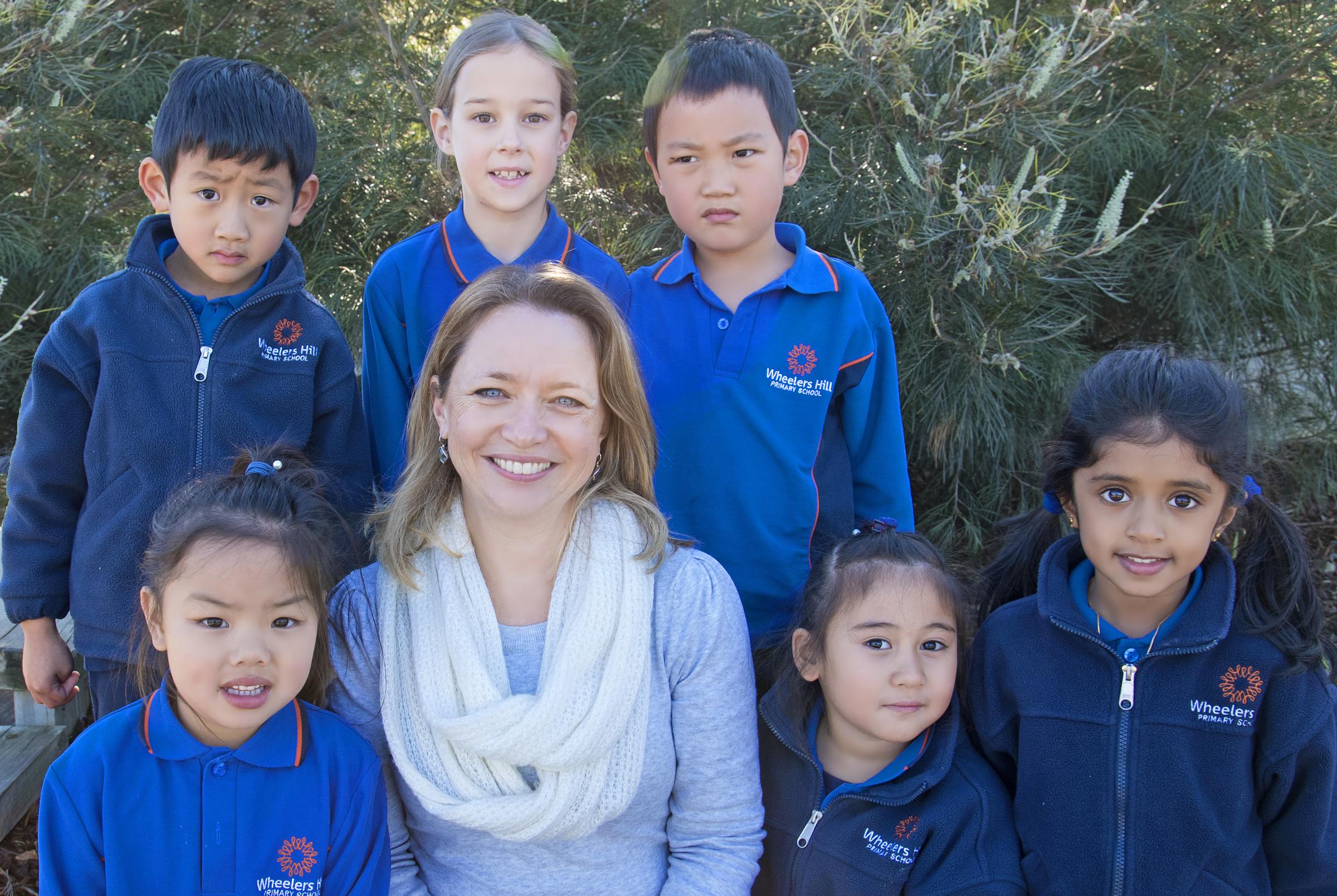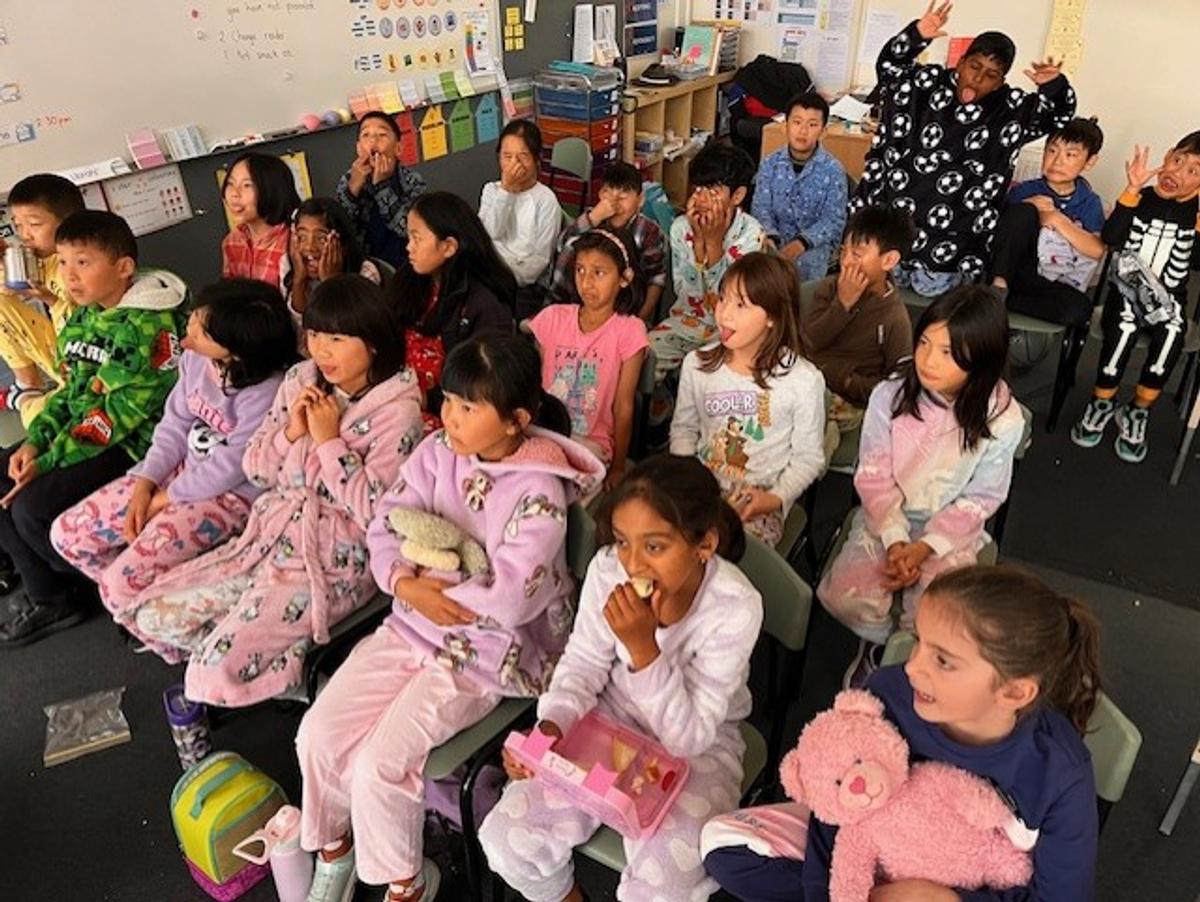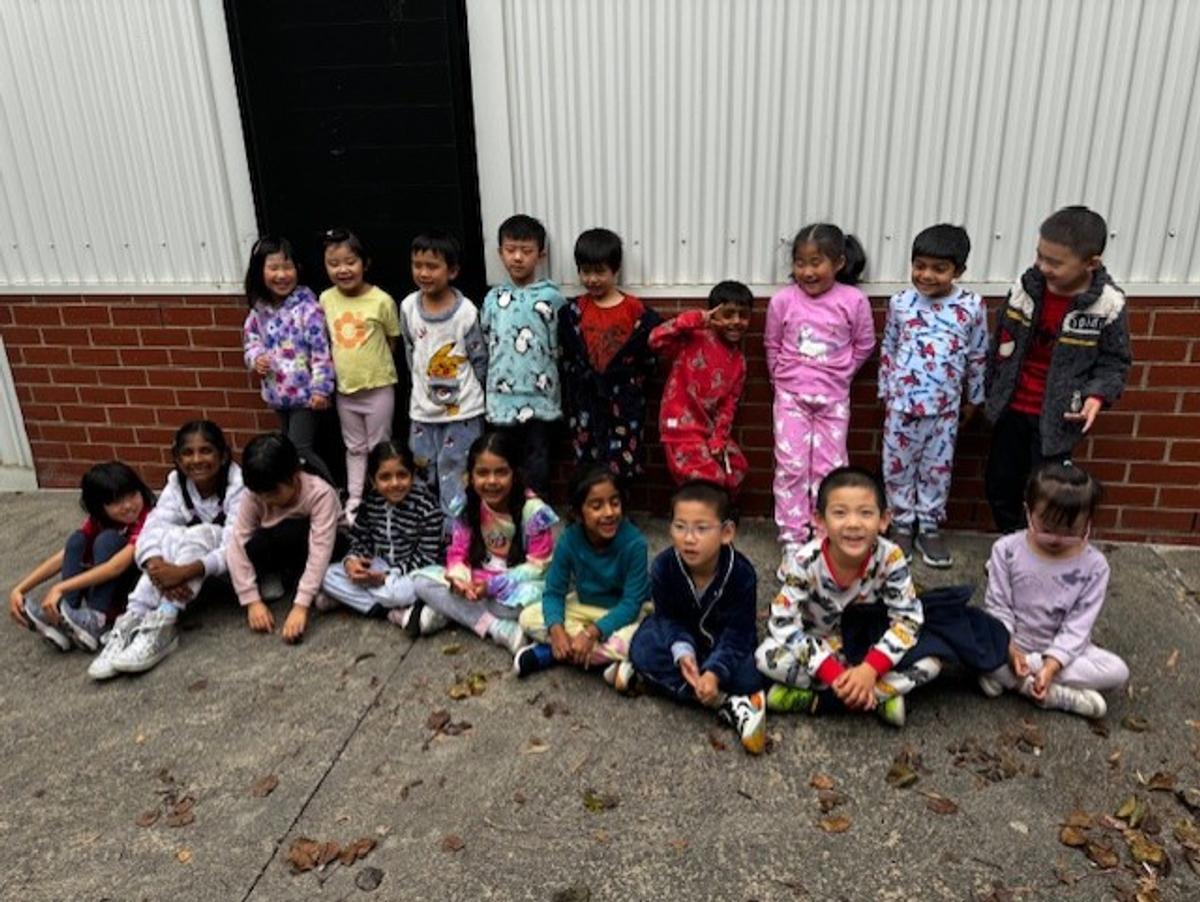Assistant Principal
Katrina Spicer - Wellbeing and Inclusion

Assistant Principal
Katrina Spicer - Wellbeing and Inclusion
HATS - TERM 2
A reminder that students must wear their school hat during outside play until the end of April every year. Please make sure your child/ren continue to bring their hat to school for the first week and a half of Term 2.
SWPBS REWARD DAY
This term, the Junior School students and the Senior School students all voted to have Pyjama and Movie Day as the end of term reward. What a lovely feeling around the school for the last day of term.


















TERM 1 RECAP
As this term draws to a close, I have been looking through our calendar and have realised what a busy term we have had.
Here are some of the events we have had this term:
- Open classrooms and Classroom Information Sessions
- Lion Dance Assembly to celebrate the Lunar New Year
- Parent Helper / MSL Parent Information Session
- Swimming trials and district and division swimming competitions
- Division tennis competition
- NAPLAN
- A range of incursions and excursions
- Peer Mediation Training for Year 5 students
- Year 6 interschool sport and sports training
- Assessment week
- Two Walk to School Days
- Green Day
- House Colours Day
- Parent Teacher interviews
- Cross Country
- Harmony Day
- Pyjama and Movie Day
It certainly has been a busy term!
I would like to wish all our WHPS families a restful and rejuvenating holiday.
I look forward to seeing everyone back at school on Tuesday, April 22nd.
Katrina Spicer
Assistant Principal for Wellbeing and Inclusion
katrina.spicer@education.vic.gov.au


By Dr Justin Coulson
A couple of weeks back I was in Sydney filming Season Three of Parental Guidance. Studio days are long. It’s demanding work. (I’m thrilled to say that the show is going to amazing again this time around!)
During a brief break, my phone rang. ‘Unknown number’. I hesitated. I only had about five minutes before I had to be back in hair and makeup. I had no idea who was calling me, and I needed to be in the right headspace for the next studio session. It was going to be a heavy one.
I glanced at the number on the screen again. No idea. And then, impulsively, I answered.
“Hello, this is Justin.”
“Daddy?” The sobbing, nearly inaudible voice belonged to my 14 year-old daughter, Lilli. Her tears told me everything I needed to know. My little girl was not doing well.
What would you normally say in this situation? “What’s wrong? Talk to me. What happened? Why are you crying?"
With the best of intentions, this is where we typically begin to interrogate our child. I chose a different path.
“Oh Lilli. You’re crying. It sounds like you’re having an awful day.” I stopped. Waited. Then, “I’m here for you if you feel like talking.”
Lilli opened up like a flower after rain. She was on school camp, distressed, and calling from a teacher’s phone (since phones were, rightly, banned). A boy had fat shamed her. Several of the kids were creating challenges. She was struggling with their immaturity. And camp felt awful.
When Emotions Run High, Intelligence Runs Low
Our children’s big emotions create ripple effects throughout their lives. For our child, these emotions can leave them feeling disconnected from us and others. The derail interest in school, learning, hobbies and engagement in life itself.
For us parents, big emotions (either in our child or ourselves) cloud judgement and decision-making. They hijack our effectiveness, making it difficult to concentrate on anything else.
In short, high emotion = low intelligence.
Emotion Coaching: The Science Behind the Approach
Pioneering research by Dr John Gottman has revealed that children whose parents practice “emotion coaching” develop stronger emotional intelligence and resilience. In his landmark studies published in “Raising an Emotionally Intelligent Child” , Gottman found that emotion-coached children experience fewer behavioural problems, higher academic achievement, better social relationships and improved physical health compared to their peers.
The research shows these children develop greater self-regulation skills and the ability to calm themselves in stressful situations. Most importantly, the parent-child relationship benefits from deeper trust and connection, crating a secure base from which children can explore their world with confidence.
The Five Steps of Effective Emotion Coaching
Coming home from camp was not an option for Lilli. Instead, I followed these five crucial steps to support her through her emotional moment – and no, you don’t need a psychology PhD to do this:
Whether your child is 4, 14, or the 44-year-old partner you married, these steps serve as a powerful guide.
Sometimes you do have to step in, make decisions, and take action. But more often, your child simply needs you to be there emotionally. Not as a therapist. As a parent who listens.
Support. Don’t solve.


Our school subscription to Happy Families allows access to the Happy Families website to all members of our school community.
Families can access the Happy Families website at: https://schools.happyfamilies.com.au/login/whps
Password: happywhps